On 16 April 2019, the European Parliament gave the green light to the fitment of intelligent speed assistance (ISA) systems in new cars sold from 2022. That law will come into effect in the EU on Wednesday 6 July, and, while the UK government has yet to confirm its own plans, signs suggest it will follow suit by mandating the technology here.
It was the prospect of ISA that made the headlines in the days following the parliament’s provisional approval, though. Note that those headlines were about ‘speed limiting’ and not ‘intelligent speed assistance’, as the parliament terms it. As members of the media ourselves, we at Autocar know that compressing a news story into a headline that attracts maximum attention is the name of the game.
Speed limiters, driver monitors to become mandatory in EU
So, accordingly, in the press, the vital words ‘intelligent’ and ‘assistance’ that slow things up and pose more questions than they answer were junked and, almost to a hack, the headline was: ‘All new cars to have speed limiters by 2022’. Pot stirred, job done.

The conspiracy theorists and self-styled libertarians – among them, we must confess, readers of this very magazine – leapt on the proposals. One correspondent went so far as to predict that ‘speed restrictors’ would make performance and good handling irrelevant.
So what’s the truth? What is an intelligent speed assistance system, what’s it like to drive a car with one and will it still be possible to get your kicks on the A66?
Why do drivers need an intelligent speed assistance system?
According to the European Transport Safety Council (ETSC), which advised the European Parliament on ISA systems, speeding is a major problem in many European countries, with a large proportion of the 500 deaths each week on EU roads caused by drivers going too fast. Research in Sweden and the Netherlands has shown that when using an ISA system, motorists drive more slowly, even when it can be switched off.



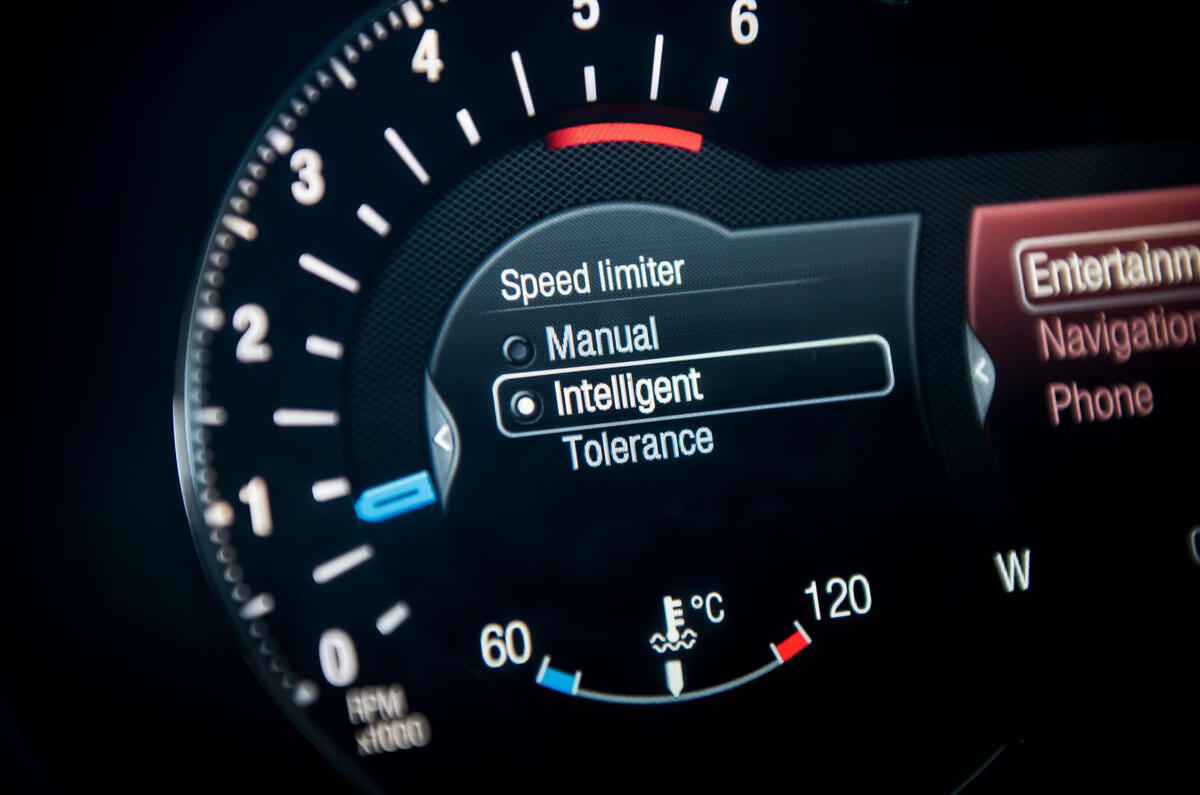

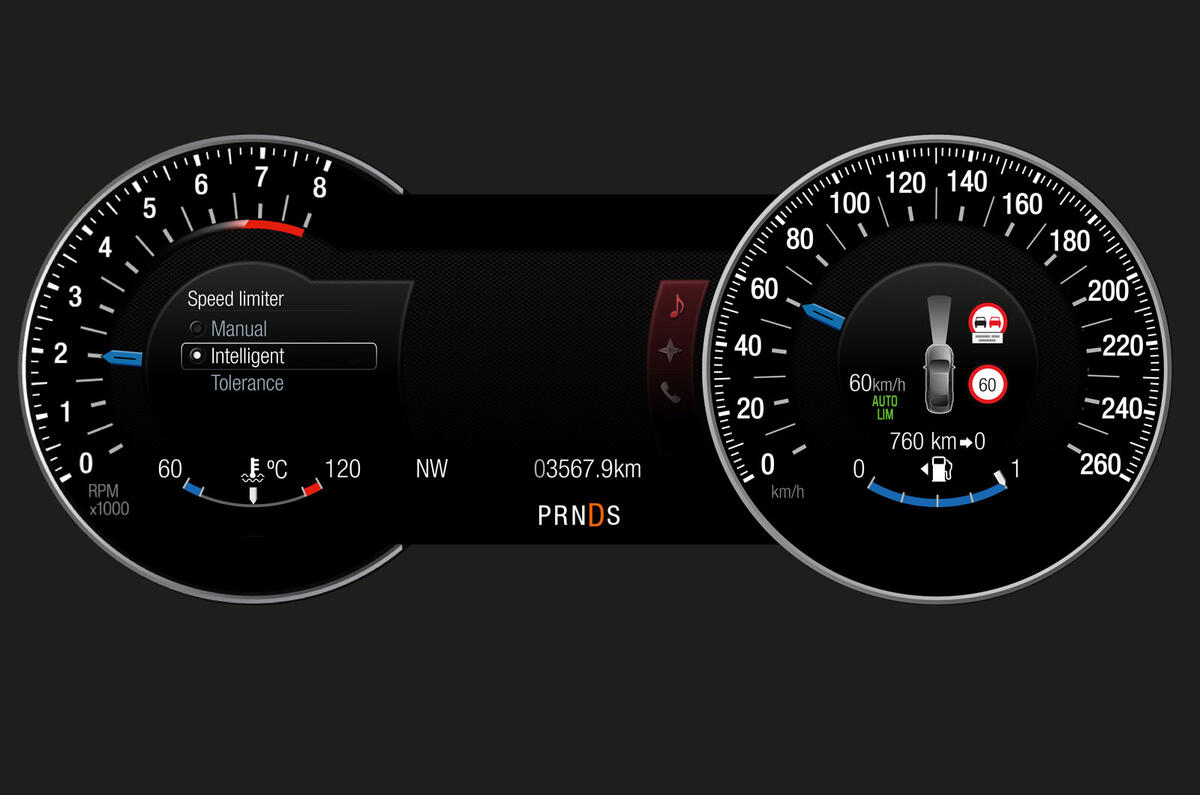
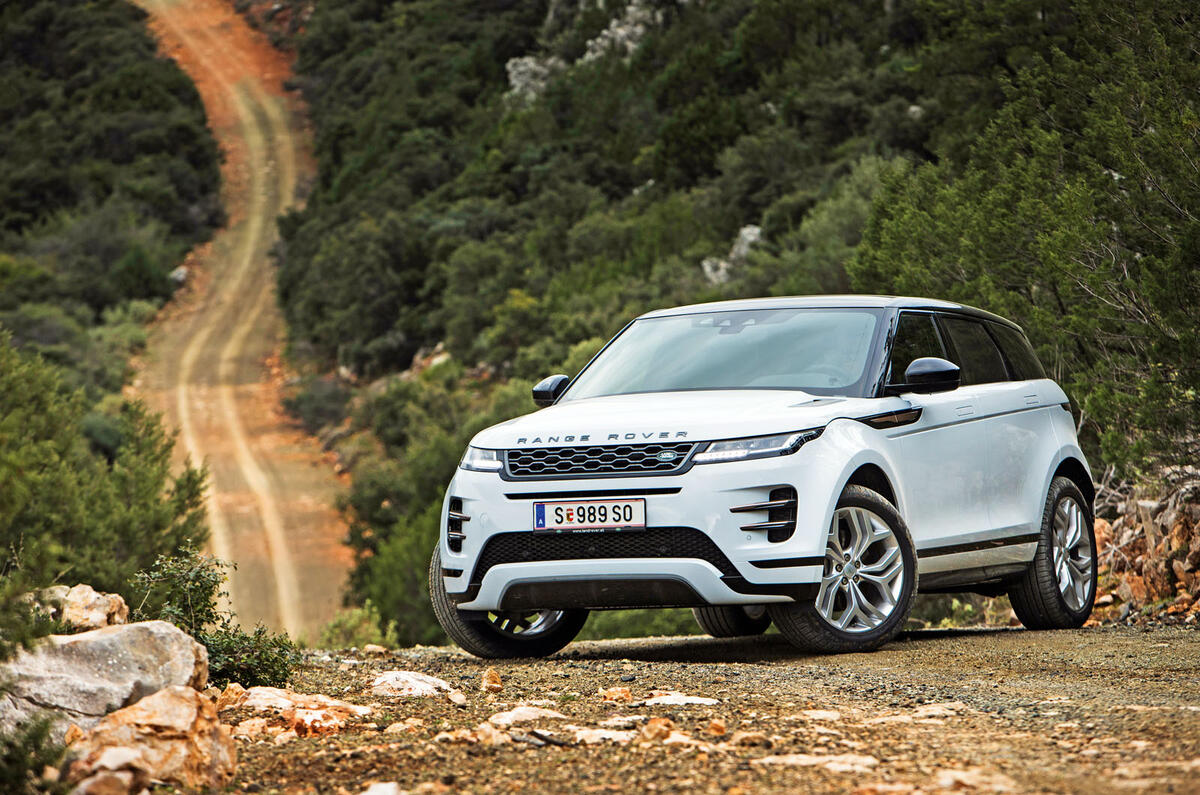

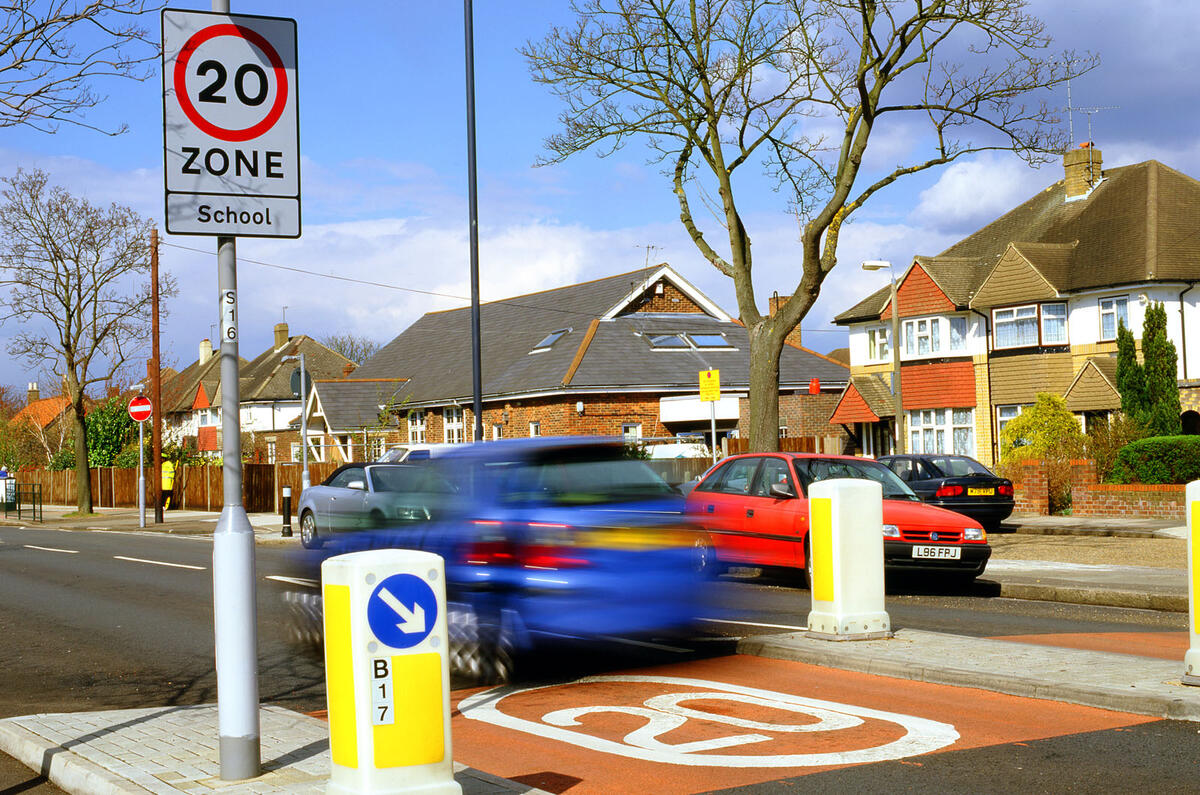
















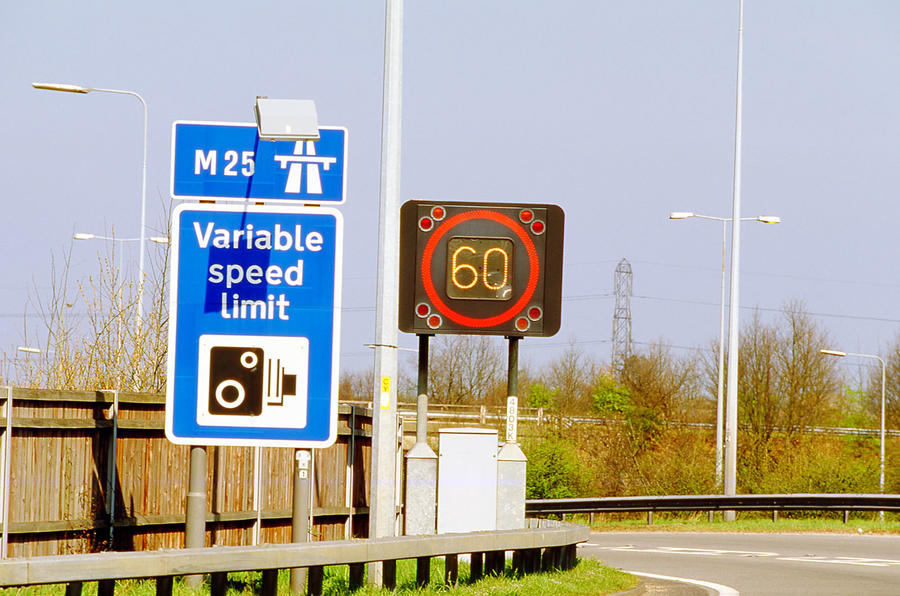





Join the debate
Add your comment
The notion that this will save lives is among the least credible things I've ever read. Oh, and the notion that people will pay more attention when ISA is active is so preposrerous that that, alone, obliterates the credibility of anything they say. Numerous studies have shown that every additional "driver aid" reduces the amount of attention the driver pays to driving. If they truly want to save lives, stop the texting and driving. Nothing else would make as significant an improvement to road safety.
That said, the most disturbing thing about this may not be that it's actually happening, but rather the pathetic and pitiful acceptance of it. It's hard to believe that you simply bend over and take this. Not one of the editors who commented objected! You should be ashamed, and you deserve this. Grow a spine.
My VW has this in the form of "Predictive Cruise Control". I turned it off because it kept getting the limits wrong - in some cases defaulting to kmh instead of mph, resulting in unintended acceleration! A software update has fixed that, but the car will regularly lose its GPS position, resulting in the wrong limit. I worry about this being mandatory and what insurance companies might think if the system was found to be deactivated.
Being reminded of the limit with a visual alert is useful but it shouldn't take control away from the driver. If it can be turned off, those who want to drive at excessive speed will continue to do so, so what's the point?
Another advantage of leaving the EU. Love the way the journo's harp on about how quick the latest M3 is but play the EU's tune when it suits their employers remain viewpoint.